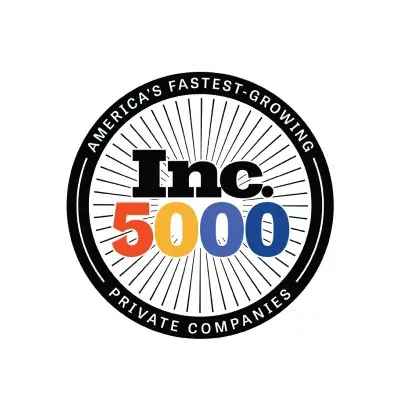1. Decide Which Type of Laundromat is Right for You
Believe it or not, there's more than one type of laundromat to choose from. The three biggest categories are:
Self-service
In which customers simply pay to use the facility's washers and dryers
Full-service
In which customers can pay to use washers and dryers but also have access to additional services such as wash and fold, dry cleaning and the like
Delivery-service
In which customers leave their laundry outside their door for pickup and delivery, saving them time while still taking advantage of laundry services.
With a self-service laundromat, you can expect to hire minimal employees (or no employees at all, if you don't mind doing the cleaning yourself). With a full-service laundromat, though, you'll need to hire staff to wash, dry and fold customers' clothes.
But remember, it's your business, and you can have some fun with it if you want to. Take for instance the World's Largest Laundromat in Berwyn, Illinois. With a children's play area, free donuts and coffee, plenty of TVs and even a bird aviary, this laundromat is anything but basic.
Another prime example is Spin Laundry Lounge of Portland, Oregon. With a focus on sustainability, an eco-friendly soap shop, artisan laundry accessories for sale and on-site arcade games, this laundromat turns a chore into an experience.
So don't be afraid to get creative while deciding which type of laundromat you want to open, whether you want to keep it simple or start your city's first laundromat/cafe/comedy club combo.

